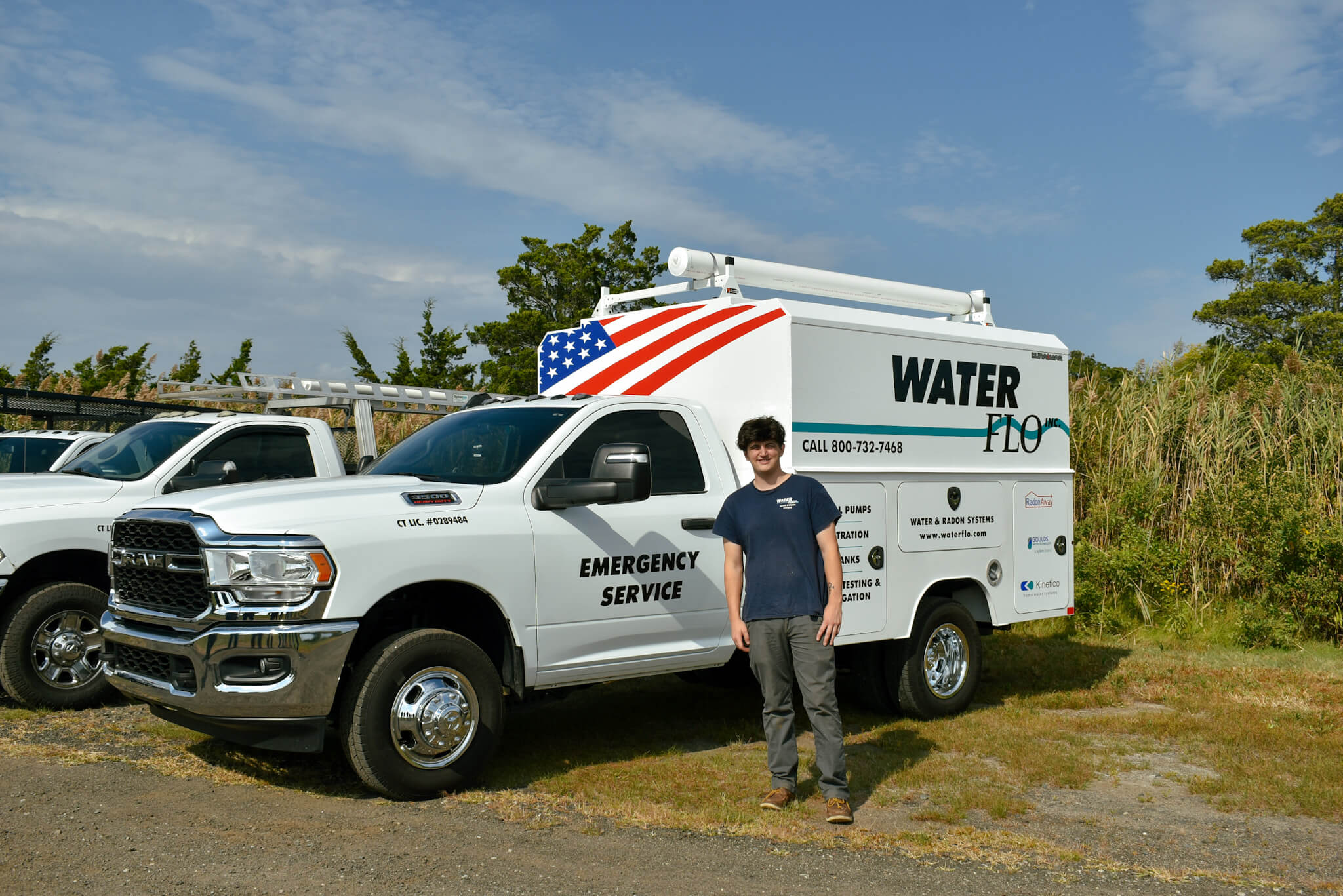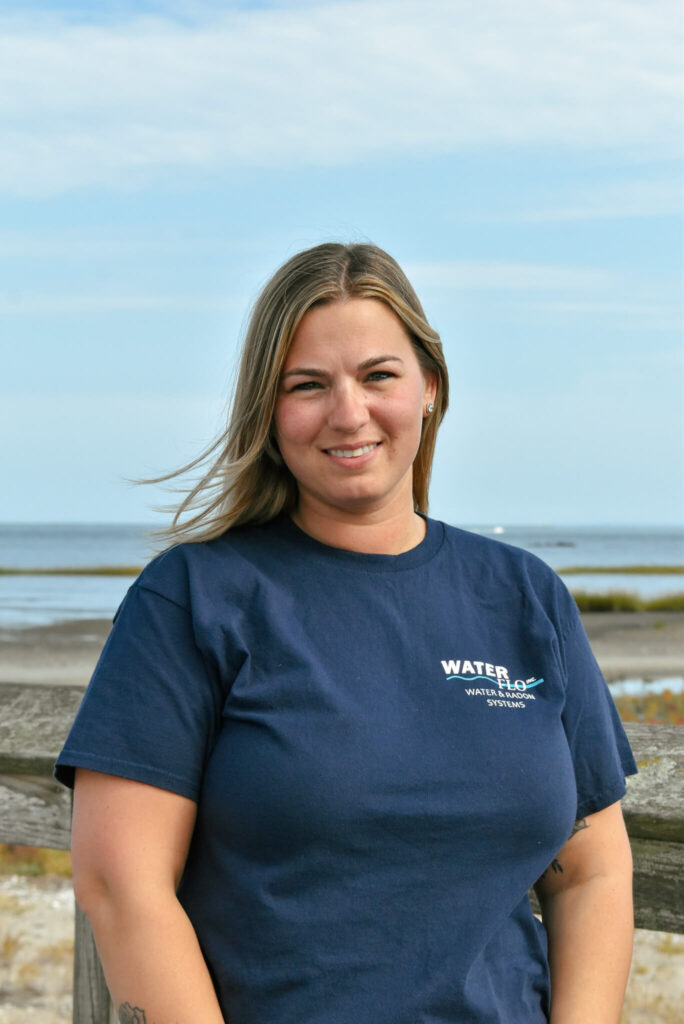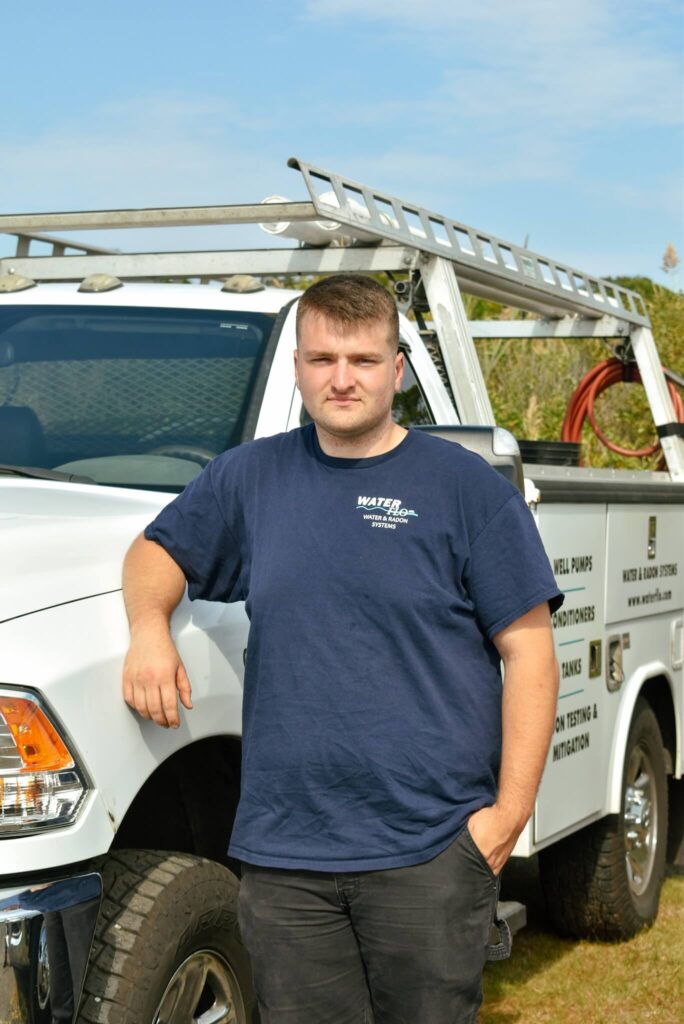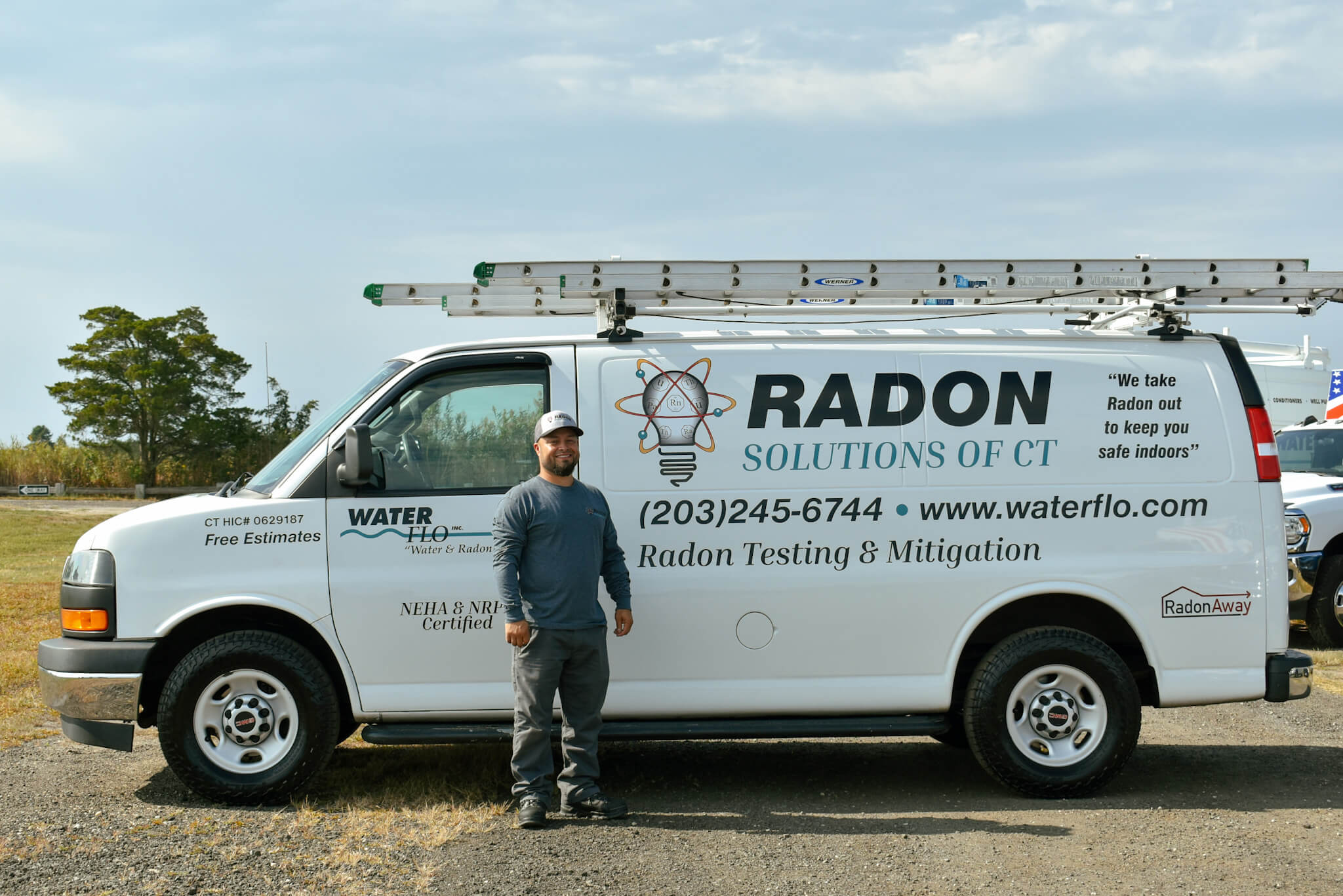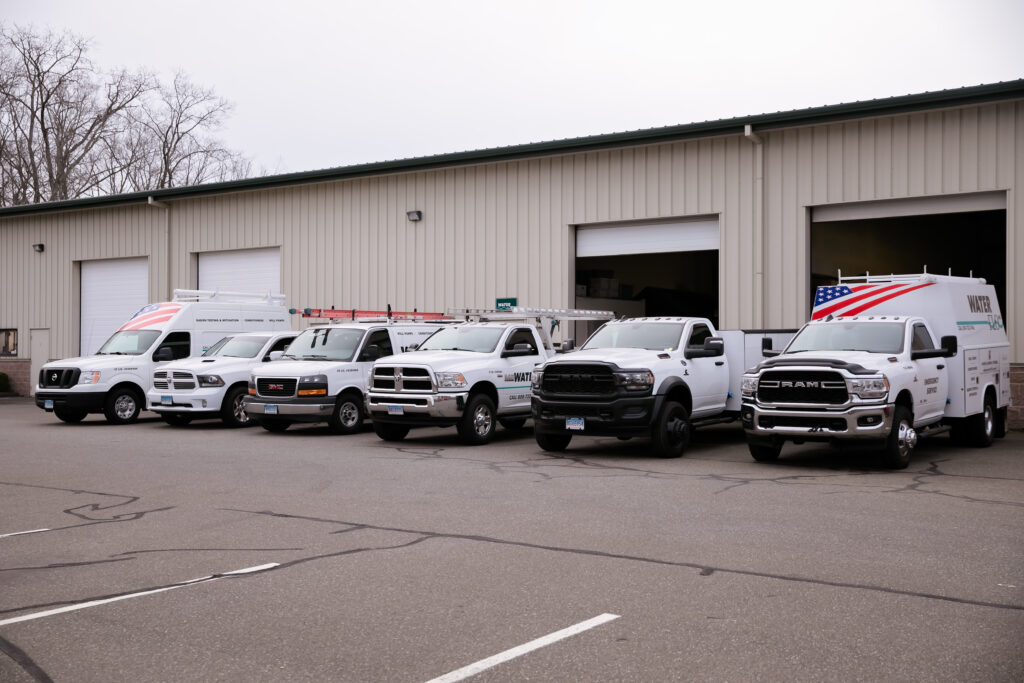
FREQUENTLY ASKED QUESTIONS
WATER TREATMENT
Many water treatment systems have a bypass valve. If you can bypass the system, you can still have water, although it will not be treated. If you cannot locate the bypass valve, then turn off the water at the pressure tank and call us at 800-732-7468.
A cartridge should be changed when the water pressure or water quality drops off, or every 6 months, whichever comes first.
That depends on what you have for equipment. Some equipment needs annual service. Call us at 800-732-7468 and we can let you know.
There are many possible well water contaminants to test for. The most common are bacteria in water, radon in water, and uranium in water.
Most city water supplies are chlorinated. Chlorine eliminates potential bacteria in the water supply, but should be removed at the home to improve taste and odor. A simple carbon tank eliminates chlorine.
WELL WATER AND WELL PUMPS
Check your circuit breaker, check for a clogged cartridge filter, and look for any running hoses or toilets. If everything looks good, shut off the main water valve to the house for 30 minutes, and turn it back on. If you have water, then chances are your well was low; if not, call us at 800-732-7468.
If the leak is at the well pressure tank or tank fittings, then turn off the power to the well pump and call us at 800-732-7468. The tank will continue to leak until it empties out. If you want to remove the water in the tank so it does not leak, then turn on all the faucets in the house and the spigots outside until the well pressure tank is empty.
This is normally a problem with the well pressure tank. It may need air, or it may need to be replaced. Call us. A rapid cycling well pump will eventually burn itself out.
If the well is buried, our well location service can find it with a well locating device. It is important to know where your well is, before you have any well problems.
Homes built after 1971 should have a “well completion report” filed at the town hall. This document gives you all the data on your well, plus the location if it is buried.
The first step is usually well sanitizing. This is a relatively inexpensive process. A surefire long-term solution is a UV sanitizer.
The average life for a well pump is 10-12 years and for a well pressure tank, 12-15 years.
RADON SYSTEMS
Radon is a colorless, odorless, radioactive gas that is known to cause lung cancer.
Radon accounts for over 21,000 lung cancer deaths annually. The risk is much higher if you are a smoker.
Not necessarily; however, it would be prudent to test.
Normally, no.
It is a good idea to have it replaced annually.
The preferred time of year is in the winter; however, radon testing can be done throughout the year.
The threshold for radon in air is 4.0 pci/l and for radon in water is 5000 pci/l.
The unofficial threshold from carbon tank to a bubbler is 10,000 pci/l; however, at 10,000 pci/l you could install two carbon tanks.
Yes, you should do radon testing every 2-3 years if you have a radon system, to insure it is working properly.
Contact us now—and start enjoying Better Water, Better Air, Better Health.






